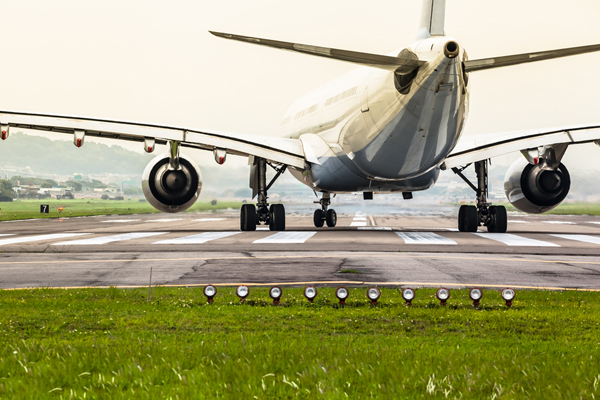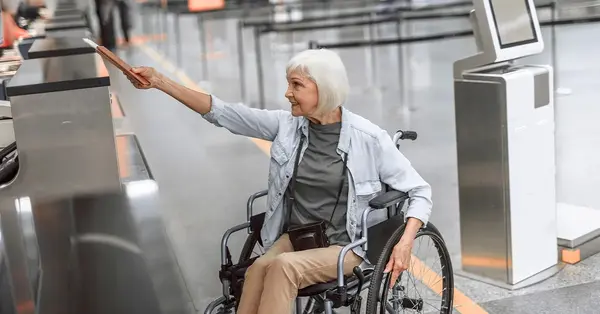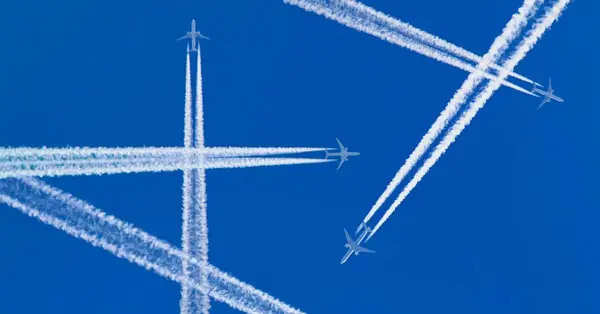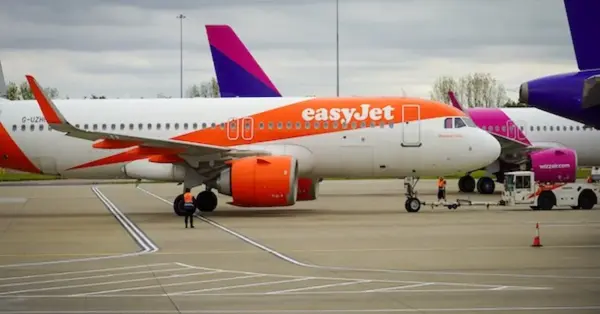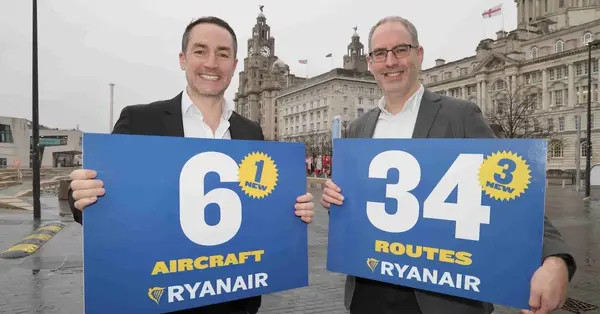You are viewing 2 of your 2 free articles
Airlines can expect continuing aircraft delivery delays, report warns
A five per cent drop in the number of short-term aircraft deliveries until 2027 is projected due to supply chain issues.
The constraint to growth is highlighted in the latest global fleet forecast by aviation analytics firm Cirium.
The independent projection reveals that 45,900 aircraft are predicted to be delivered globally over the next 20 years, equating to a total value of $3.3 trillion as carriers continue to invest in newer and more sustainable aircraft.
Some 98% of these will be passenger aircraft, as the firm predicts that capacity will grow at 4.4% per year.
However, the aviation industry continues to face supply chain issues delaying aircraft deliveries, with the report projecting five per cent fewer between 2024-2027 due to a shortage of components.
A total of 26,100 aircraft are currently in service, up 5% on January 2020 when the pandemic first took hold.
The rise has been driven by the delivery and operation of single-aisle aircraft – up 13% – with the number of twin-aisle aircraft sitting 3% below pre-pandemic levels.
The number of active regional jets also remains 8% down on pre-pandemic levels, with turboprops having seen the largest drop of 13%.
Single-aisle aircraft are projected to lead the industry’s growth over the next 20 years, with a projected 3.9% annual growth rate, exceeding the 3.3% for twin-aisles, as long-haul traffic continues to see slower growth post-pandemic.
Regional aircraft are predicted to rise more modestly at an overall rate of 0.8% per year.
Asia will continue to be the leading region for fleet growth, taking almost half (45%) of deliveries over the next two decades, of which China will contribute some 20% on its own, almost reaching the North American total.
The growth will also be fuelled by rise of commercial aviation in India, which is forecast to see passenger aircraft numbers increase from 720 at the end of 2023, to more than 3,800 over the next 20 years.
Cirium Ascend Consultancy head of consultancy Rob Morris said: “As we continue to enter the next cycle of growth for the aviation industry, our new fleet forecast illustrates the continued demand for new aircraft, as airlines look to renew and expand their fleets.
“However, it is clear that supply chain issues and other manufacturing will continue to cause delays for OEMs [Original Equipment Manufacturers], leading to uncertain delivery schedules for many airlines, and this has been factored into our forecast.”
He added: “With markets like India set for significant growth, it is clear that the next 20 years will be increasingly competitive for manufacturers, with airlines continuing to invest in their fleets.
“The forecast also illustrates the challenge of sustainability and net-zero as fleet growth is balanced with new aircraft efficiency to drive reductions in unit emissions.”

